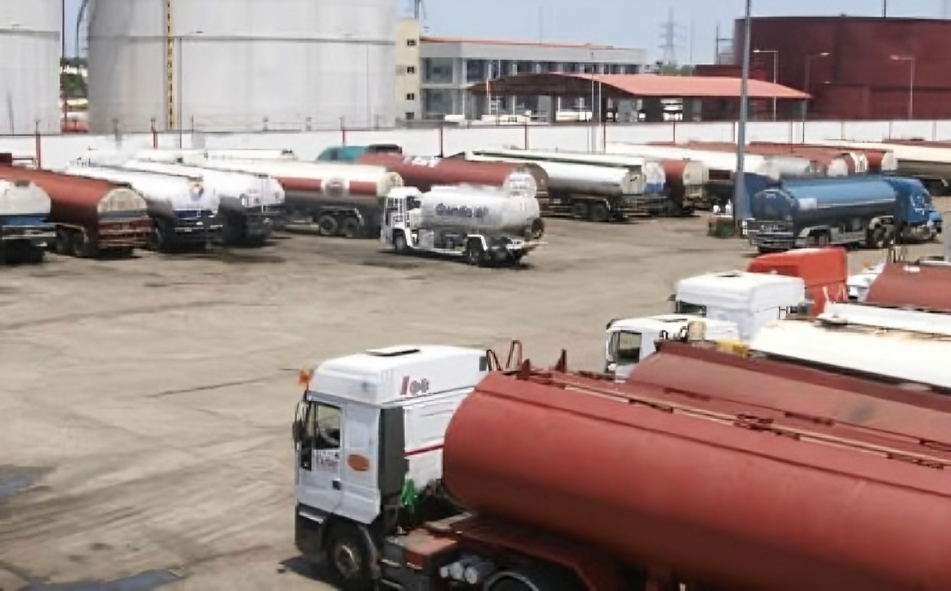KEY POINTS
- NUPENG begins nationwide strike despite government attempts to prevent disruption.
- Dispute centers on Dangote Refinery’s truck distribution plan and alleged anti-union policies.
- Fuel marketers warn of closures as labour groups back NUPENG, while activists caution hardship for ordinary Nigerians.
Despite government efforts to prevent a confrontation over alleged anti-labor practices at the massive Dangote Petroleum Refinery, Nigeria’s powerful oil workers’ union, NUPENG, pushed forward with a nationwide strike on Monday.
After negotiations with the federal government and the state oil company over the weekend failed to produce a compromise, the Nigeria Union of Petroleum and Natural Gas Workers, NUPENG, confirmed that its members, including thousands of drivers of petroleum tankers, had started to suspend their services. Fears of fuel shortages and economic disruptions in Africa’s largest crude producer are heightened by the strike.
Union president Williams Akporeha said that while officials from the Ministry of Labour and the Nigerian National Petroleum Company Limited (NNPC) made last-minute overtures, no meaningful concessions were offered. “The strike starts tomorrow morning as planned,” he told reporters on Sunday, underscoring the union’s frustration.
Dangote’s fuel distribution plan sparks industry backlash
The refinery’s proposal to introduce 4,000 trucks powered by compressed natural gas for direct fuel distribution is at the center of the conflict. NUPENG claims that drivers hired for the trucks were coerced into signing contracts that prohibited them from joining a union, a practice it condemned as violating both international labor standards and Nigeria’s Constitution.
Labor Minister Muhammad Dingyadi warned that even a day-long disruption could cause billions of naira in losses and worsen the situation for households already struggling with inflation as the government rushed on Sunday to avoid a shutdown. Asserting that Dangote’s distribution strategy threatens to drive out smaller competitors, fuel station operators affiliated with the Petroleum Products Retail Outlet Owners Association of Nigeria (PETROAN) stated that they would also halt operations if the strike continues.
“The aggressive business strategies of the Dangote refinery will have far-reaching consequences,” PETROAN President Billy Gillis-Harry said, pledging to halt fuel lifting and sales beginning Tuesday.
The dispute has drawn heavyweight allies to NUPENG’s corner. Prominent lawyer Femi Falana accused the refinery of violating trade union laws and urged regulators to curb what he described as monopolistic behavior. The Nigeria Labour Congress (NLC) also signaled readiness to mobilize in solidarity, calling Dangote’s policies “crude and dangerous.”
Yet not all voices supported escalation. The Economic Rights Activists (ERA) group urged NUPENG to reconsider, warning that ordinary Nigerians—teachers, small traders, transport workers—would feel the brunt of fuel shortages through rising fares, food prices, and supply disruptions. “This is not a fight for justice—it is a direct attack on the Nigerian people,” ERA’s Executive Director Josiah Inuwa said.



